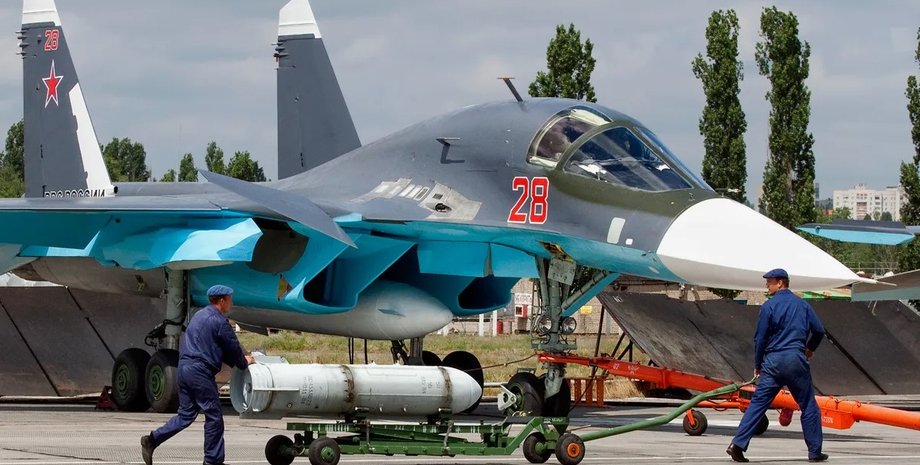
 By Victor Duda
By Victor Duda
Analysts of the Royal Joint Defense Research Institute (RUSI) Jack Wattling and Mykola Staykov claim that, despite the developed domestic defense industry, Russian aircraft manufacturers, including the Sukhoi design bureau and the United Aircraft Corporation (UAC), have a "high level of dependence" on imported materials, components and individual technological solutions. This dependence makes Moscow vulnerable to supply disruptions and sanctions targeting downstream suppliers.
The RUSI report lists the aircraft that remain in production: Su-30MK/SM, Su-34, Su-35S and Su-57, and also emphasizes the role of the Sukhoi Design Bureau in the overall structure of the Russian aircraft industry. The authors emphasize that although the potential of Russian aircraft is inferior to modern NATO models, they still perform important functions on the battlefield, and therefore their distribution and further development remain the focus of the Alliance.
Analysts propose a set of measures aimed at limiting the access of Russian manufacturers to critical components in Europe and other regions. The report indicates that sanctions, properly targeted at suppliers further down the chain, can cut off Russia from key sources of equipment and components. As an additional measure, the authors consider the possibility of strengthening export restrictions and coordinating the actions of allies to block technological imports.
Pressure measures, according to the authors of RUSI, can be supplemented by operations to physically damage the Russian industrial infrastructure. The document emphasizes that strikes by Ukrainian forces on facilities that support aerospace production are already taking place and may be continued as part of a campaign to reduce the Russian Federation's ability to renew its aviation fleet.
Such strikes, according to the researchers, create an opportunity for Kyiv's partners to prevent Russia from buying machines and technologies to replace outdated production facilities. In addition, the report discusses the effect of the drain of personnel and technology: Western countries can increase the outflow of leading Russian specialists through sanctions and other tools of political pressure, which in the long run will weaken the technical base of the military industry.










All rights reserved IN-Ukraine.info - 2022